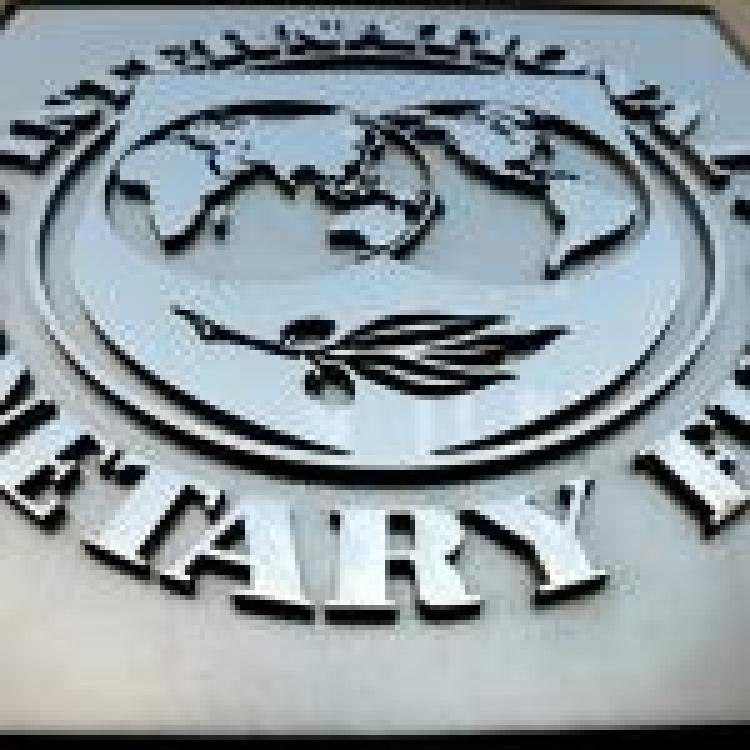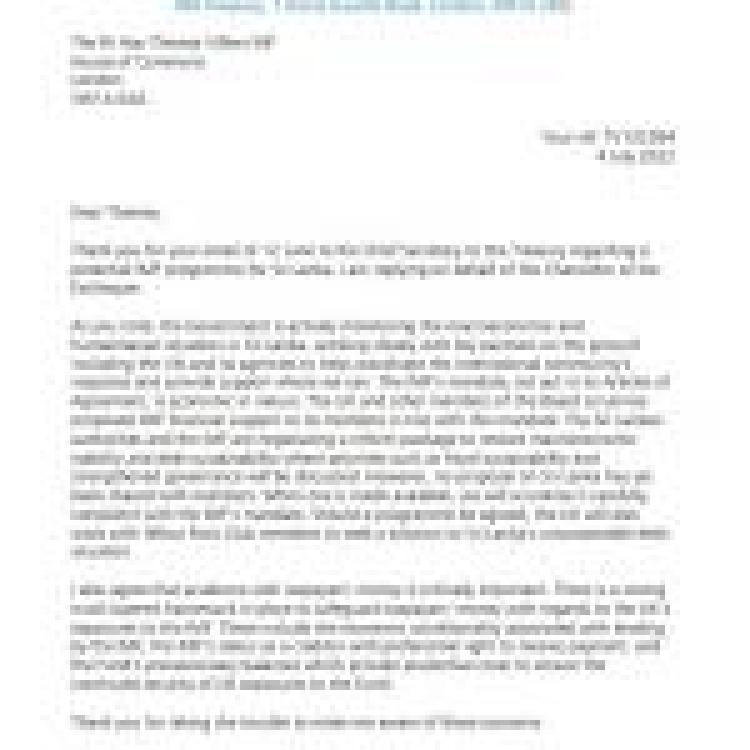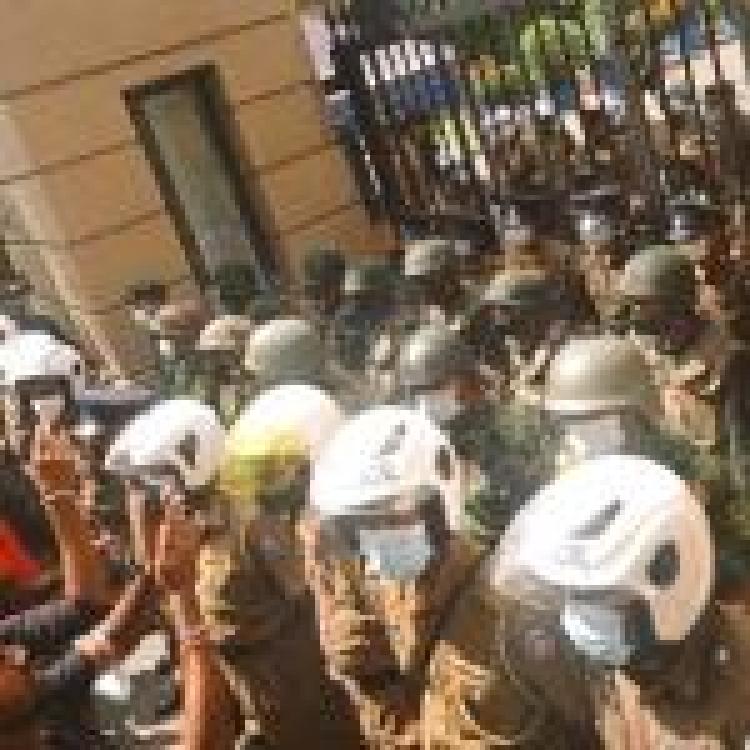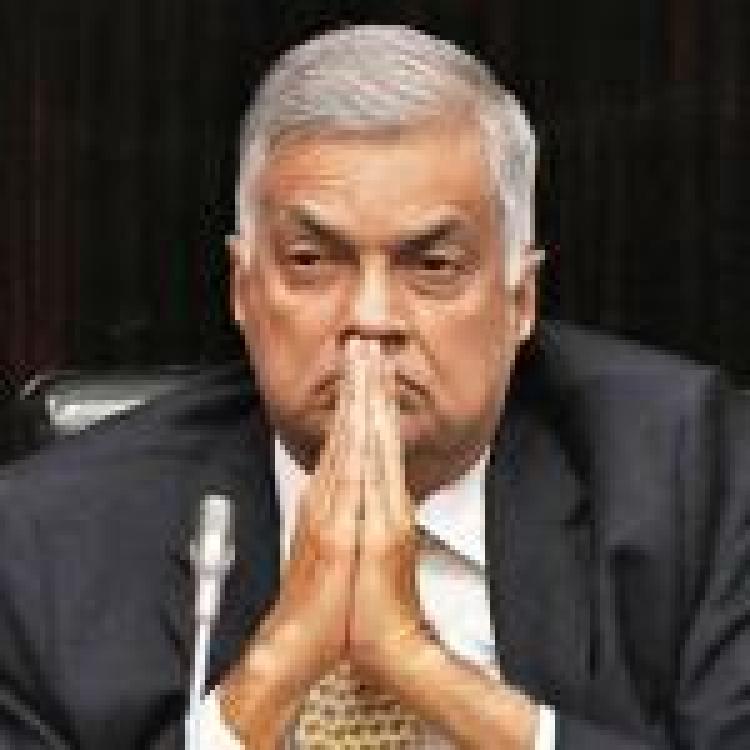![]()
Concluding their visit to Sri Lanka, the International Monetary Fund has reached a staff-level agreement on a 48-month Extended Fund Facility (EFF) which will provide the island an estimated $2.9 billion but it is contingent on the cooperation of Sri Lanka’s creditors.
“The new EFF arrangement will support Sri Lanka’s program to restore macroeconomic stability and debt sustainability, while safeguarding financial stability, reducing corruption vulnerabilities and unlocking Sri Lanka’s growth potential. The agreement is subject to the approval by IMF management and the Executive Board in the period ahead, contingent on the implementation by the authorities of prior actions, and on receiving financing assurances from Sri Lanka’s official creditors and making a good faith effort to reach a collaborative agreement with private creditors. Debt relief from Sri Lanka’s creditors and additional financing from multilateral partners will be required to help ensure debt sustainability and close financing gaps” the IMF press release reads.
The statement comes as there is growing international hesitancy to bail out Sri Lanka amidst its worst economic crisis since independence. Yesterday, Japanese Foreign Minister, Yoshimasa Hayashi, denied reports that Japan would hold a debt restructuring conference for Sri Lanka. His statement contradicts earlier claims by Japan’s finance minister, Shunichi Suzuki, who had asserted that Japan would coordinate with other creditors to resolve Sri Lanka’s ongoing financial crisis.
Japanese relations with Sri Lanka hit an all-time low under the Rajapaksa presidency with the unilateral withdrawal from major development projects such as a Japanese-funded light rail project for Colombo, worth an estimated $1.5 billion, and the East Container Terminal (ECT) project at the Colombo Port which Japan, India and Sri Lanka agreed upon in 2019 worth an estimated $700 - $800 million dollars.
China has also proven hesitant to bail out the bankrupt country remaining tight-lipped on the issue of debt restructuring and instead offering to refinance loans.
The IMF have stressed that key elements of the EEF agreement are:
- Raising fiscal revenue to support fiscal consolidation. Starting from one of the lowest revenue levels in the world, the program will implement major tax reforms. These reforms include making personal income tax more progressive and broadening the tax base for corporate income tax and VAT. The program aims to reach a primary surplus of 2.3 percent of GDP by 2024.
- Introducing cost-recovery based pricing for fuel and electricity to minimize fiscal risks arising from state-owned enterprises. The team welcomed the authorities’ already announced substantial revenue measures and energy pricing reforms;
- Mitigating the impact of the current crisis on the poor and vulnerable by raising social spending, and improving the coverage and targeting of social safety net programs;
- Restoring price stability through data-driven monetary policy action, fiscal consolidation, phasing out monetary financing, and stronger central bank autonomy that allow pursuing a flexible inflation targeting regime. A new Central Bank Act is a cornerstone of this strategy;
- Rebuilding foreign reserves through restoring a market-determined and flexible exchange rate, supported by the comprehensive policy package under the program;
- Safeguarding financial stability by ensuring a healthy and adequately capitalized banking system, and by upgrading financial sector safety nets and regulatory standards with a revised Banking Act; and
- Reducing corruption vulnerabilities through improving fiscal transparency and public financial management, introducing a stronger anti-corruption legal framework, and conducting an in-depth governance diagnostic, supported by IMF technical assistance.
The IMF further clarifies that extended arrangements are typically approved for periods of three years but may be approved for periods as long as 4 years to implement deep and sustained structural reforms. Amounts drawn under an EFF are to be repaid over 4½–10 years in 12 equal semi-annual instalments.






